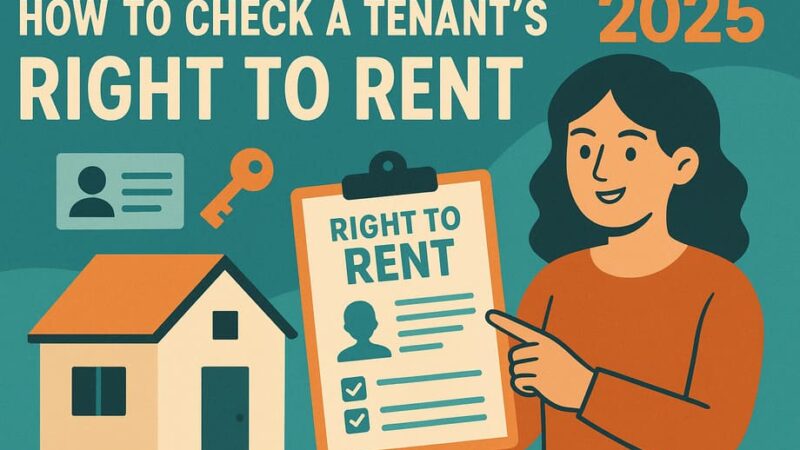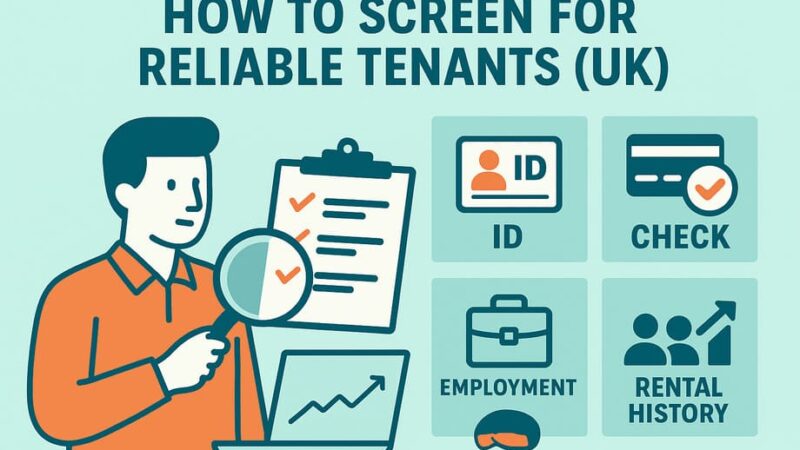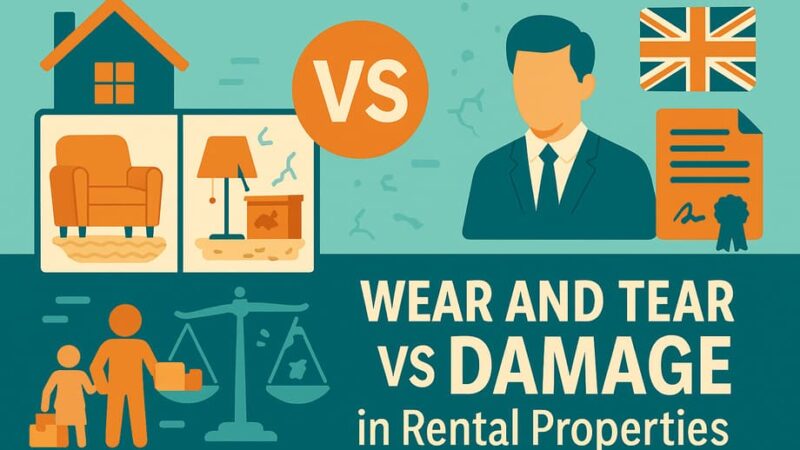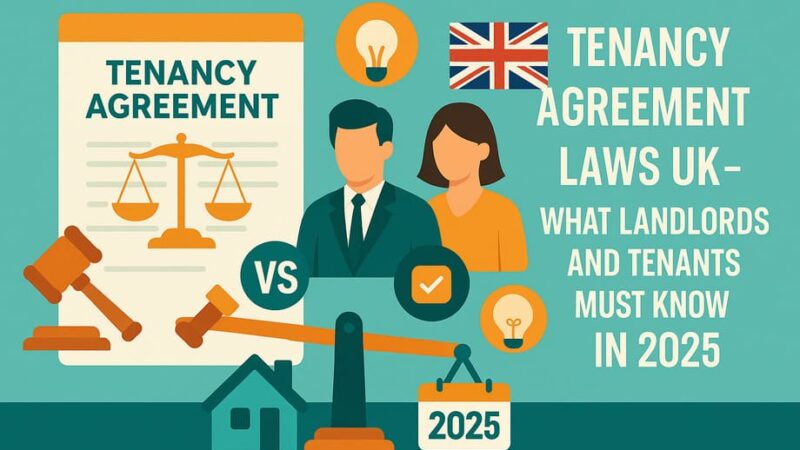My tenant is not paying rent. What can I do?
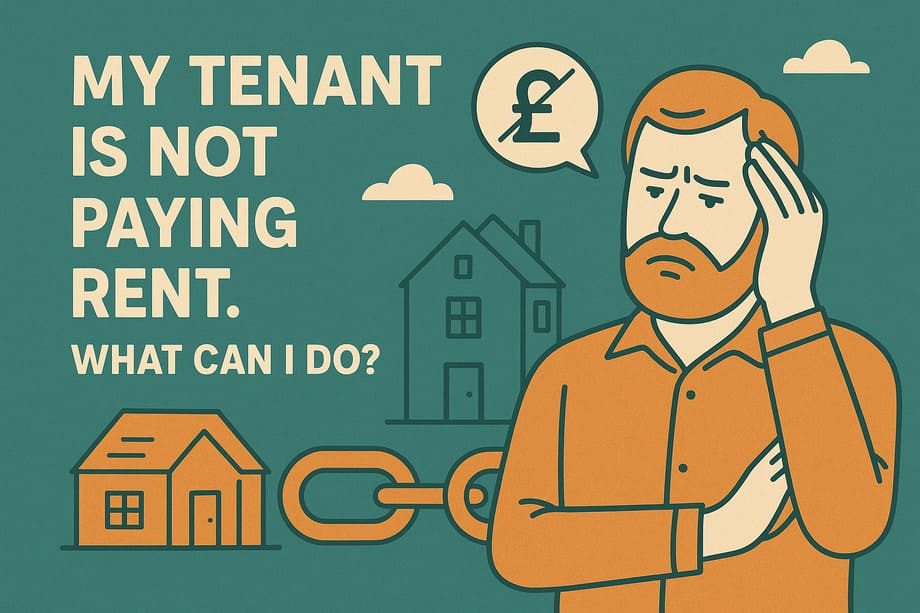
If your tenant stops paying rent, it can be a worrying time. You may rely on that income to pay your mortgage or other bills.
There are some things you can do to try and get the rent back, or to end the tenancy so you can find new tenants.
Keep a record of rent payments
If you haven’t already, start recording when rent is paid, and how much is paid. This will help you keep track of what is owed, and may be useful if you need to go to court.
Talk to your tenants
If rent is late, or you think it might not be paid, talk to your tenants as soon as possible. They might have a good reason for not being able to pay, or they may be able to make a partial payment.
You could also agree a new payment plan with them. This could involve them paying off the arrears over time, or paying a bit extra each week or month until the arrears are cleared.
Write to your tenant
If you’ve talked to your tenant and they’ve not paid, or they’ve only paid part of the rent, you should send them a written reminder. This could be an email, a letter or even a text message.
In the written reminder, state how much rent is owed and when it should have been paid. Let them know that you expect the rent to be paid within a certain time period, and that if it isn’t you will take further action.
Send a letter to the guarantor
If your tenant has a guarantor, you can send them a letter asking for the rent to be paid. The guarantor is usually a parent or guardian who has agreed to pay the rent if the tenant can’t.
In the letter, state how much rent is owed and when it should have been paid. Let the guarantor know that if the tenant doesn’t pay, you will hold them responsible for the debt.
Claim possession of your property
If your tenant doesn’t pay the rent, you can take steps to end the tenancy and claim possession of your property.
You can do this by:
Using a Section 8 notice
A Section 8 notice is a notice served by a landlord to a tenant, stating that they have breached the terms of their tenancy agreement.
You can use a Section 8 notice if your tenant has:
- Not paid the rent
- Caused damage to your property
- Breached the terms of their tenancy agreement in some other way
To use a Section 8 notice, you must first send your tenant a written reminder, stating how much rent is owed and when it should have been paid.
If the tenant doesn’t pay the rent within the time period stated in the written reminder, you can then serve them with a Section 8 notice.
You must give the tenant at least 14 days’ notice, and the notice must state the grounds on which you are claiming possession.
If the tenant doesn’t leave within the time period stated in the notice, you can then apply to the court for a possession order.
Using a Section 21 notice
A Section 21 notice is a notice served by a landlord to a tenant, stating that they wish to end the tenancy.
You can use a Section 21 notice if your tenant has:
- Not paid the rent
- Caused damage to your property
- Breached the terms of their tenancy agreement in some other way
To use a Section 21 notice, you must first send your tenant a written reminder, stating how much rent is owed and when it should have been paid.
If the tenant doesn’t pay the rent within the time period stated in the written reminder, you can then serve them with a Section 21 notice.
You must give the tenant at least 2 months’ notice, and the notice must state the date on which you wish the tenancy to end.
If the tenant doesn’t leave on the date stated in the notice, you can then apply to the court for a possession order.
Go to court
If you’ve served a notice on your tenant, and they haven’t left or paid the rent, you can apply to the court for a possession order.
You will need to fill in a court form, and there will be a court fee to pay. The court will then decide whether to grant you a possession order.
If the court grants you a possession order, they will set a date by which your tenant must leave your property. If they don’t leave by that date, you can then ask the court for a warrant of eviction.
A warrant of eviction is an order from the court that allows the bailiffs to evict your tenant from your property.
Rent arrears and court action
If you’re thinking of taking court action against your tenant, you might want to get advice from a solicitor or an experienced advisor, such as a Citizens Advice Bureau.
You can get help from your local Citizens Advice Bureau by:
- Visiting their website
- Calling their advice line
- Going to their office
- Get cover for unpaid rent
If you’re worried about your tenant not paying the rent, you could get rent protection insurance.
This type of insurance covers you for lost rent if your tenant doesn’t pay, or if they leave your property without notice.
It can also cover the cost of evicting your tenant, and any damage they may have caused to your property.
Last Updated on October 22, 2025 by James Cartwright


